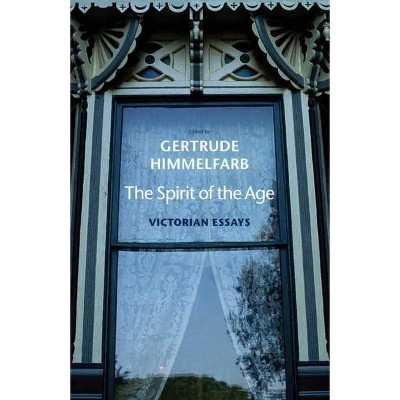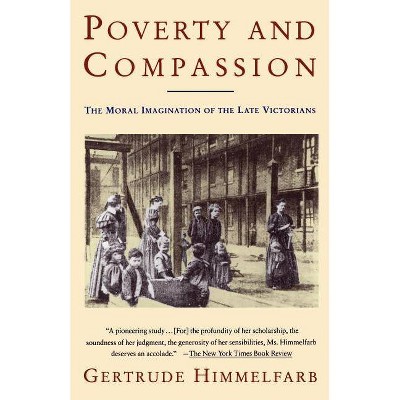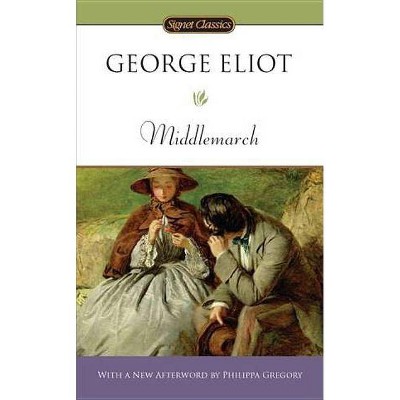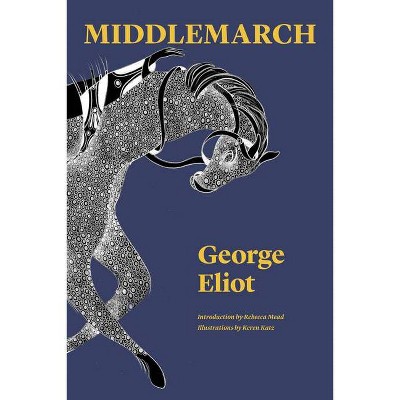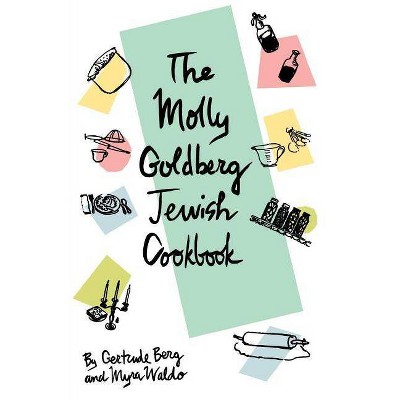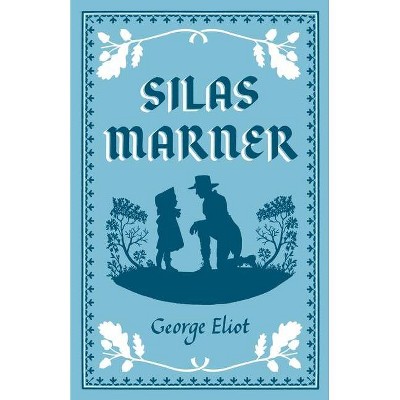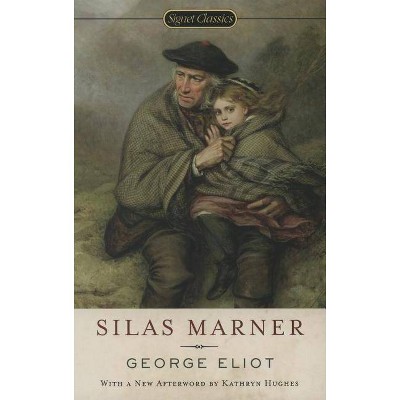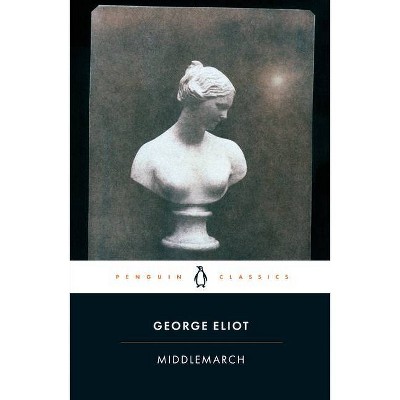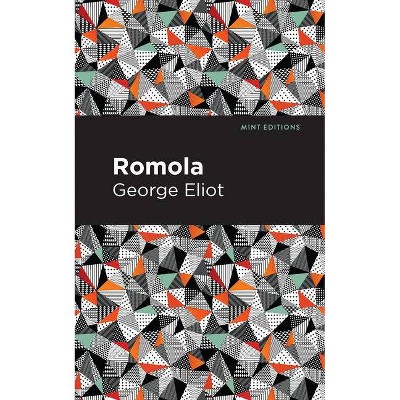The Jewish Odyssey of George Eliot - by Gertrude Himmelfarb (Paperback)
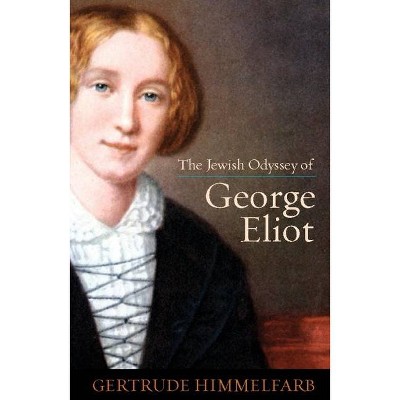
Similar Products
Products of same category from the store
AllProduct info
<p/><br></br><p><b> About the Book </b></p></br></br>It is one of the curiosities of history that the most remarkable novel about Jews and Judaism, predicting the establishment of the Jewish state, should have been written in 1876 by a non-Jew - a Victorian woman and a formidable intellectual, who is generally regarded as one of the greatest of English novelists. And it is still more curious that "Daniel Deronda," George Eliot's last novel, should have been dismissed, by many of her admirers at the time and by some critics since, as something of an anomaly, an inexplicable and unfortunate turn in her life and work. <BR>Yet Eliot herself was passionately committed to that novel, having prepared herself for it by an extraordinary feat of scholarly research in five languages (including Hebrew), exploring the ancient, medieval, and modern sources of Jewish history. Three years later, to reenforce that commitment, she wrote an essay, the very last of her writing, reaffirming the heritage of the Jewish "nation" and the desirability of a Jewish state - this well before the founders of Zionism had conceived of that mission. <BR>Why did this Victorian novelist, born a Christian and an early convert to agnosticism, write a book so respectful of Judaism and so prescient about Zionism? And why at a time when there were no pogroms or persecutions to provoke her? What was the general conception of the "Jewish question," and how did Eliot reinterpret that "question," for her time as well as ours? <BR>Gertrude Himmelfarb, a leading Victorian scholar, has undertaken to unravel the mysteries of "Daniel Deronda." And the mysteries of Eliot herself: a novelist who deliberately wrote a book she knew would bewilder many of her readers, a distinguished woman who opposed the enfranchisement of women, a moralist who flouted the most venerable of marital conventions - above all, the author of a novel that is still an inspiration or provocation to readers and critics alike.<BR><p/><br></br><p><b> Book Synopsis </b></p></br></br>It is one of the curiosities of history that the most remarkable novel about Jews and Judaism, predicting the establishment of the Jewish state, should have been written in 1876 by a non-Jew - a Victorian woman and a formidable intellectual, who is generally regarded as one of the greatest of English novelists. And it is still more curious that <i>Daniel Deronda</i>, George Eliot's last novel, should have been dismissed, by many of her admirers at the time and by some critics since, as something of an anomaly, an inexplicable and unfortunate turn in her life and work. <p/>Yet Eliot herself was passionately committed to that novel, having prepared herself for it by an extraordinary feat of scholarly research in five languages (including Hebrew), exploring the ancient, medieval, and modern sources of Jewish history. Three years later, to reenforce that commitment, she wrote an essay, the very last of her writing, reaffirming the heritage of the Jewish "nation" and the desirability of a Jewish state - this well before the founders of Zionism had conceived of that mission. <p/>Why did this Victorian novelist, born a Christian and an early convert to agnosticism, write a book so respectful of Judaism and so prescient about Zionism? And why at a time when there were no pogroms or persecutions to provoke her? What was the general conception of the "Jewish question," and how did Eliot reinterpret that "question," for her time as well as ours? <p/>Gertrude Himmelfarb, a leading Victorian scholar, has undertaken to unravel the mysteries of <i>Daniel Deronda</i>. And the mysteries of Eliot herself: a novelist who deliberately wrote a book she knew would bewilder many of her readers, a distinguished woman who opposed the enfranchisement of women, a moralist who flouted the most venerable of marital conventions - above all, the author of a novel that is still an inspiration or provocation to readers and critics alike.<br><p/><br></br><p><b> Review Quotes </b></p></br></br><br>"In this groundbreaking study of George Eliot, Gertrude Himmelfarb offers a fascinating and deeply persuasive understanding of Eliot's extraordinary sympathy for Jewish identity, Jewish religion, and ultimately, Jewish nationalism. A work of rare originality and insight. Simply brilliant."<br>--Charles Krauthammer <p/>"In this compelling and inspiring narrative, elegantly woven from strands historical, biographical, philosophical, and literary, our finest historian of Victorian England provides a brilliant interpretation of <i>Daniel Deronda</i>, the final novel of Victorian England's greatest novelist, vindicating its artistic integrity and intellectual importance against its many critics. Ms. Himmelfarb also illuminates George Eliot's remarkably prescient and still relevant perspectives on Zionism and "the Jewish Question," concluding with her own profound reflections on the intimate connections of religion and politics to personal identity. A <i>tour de force</i>."<br>--Leon R. Kass and Amy A. Kass, The University of Chicago <p/>"In <i>The Jewish Odyssey of George Eliot</i>, a brave and bravura excavation of a prophetic artist's mind, Gertrude Himmelfarb at last opens to us the George Eliot who has too long been snubbed -- sometimes on aesthetic grounds, but more often with full disparaging intent. In so doing, Himmelfarb catapults George Eliot into the thick of the great central maelstrom of our own moment, when <i>Daniel Deronda</i> ceases to be a Victorian novel only, and boldly enters the twenty-first century. Through the lenses of history, culture, philosophy, politics, and literary art, Himmelfarb, in this innovative and dazzling study, reveals how <i>Daniel Deronda</i> -- not unlike <i>Uncle Tom's Cabin</i> -- has had its role in succoring and renewing a people; and how it serves as a prescient rebuke to both Sartre and Said.<br>--Cynthia Ozick <p/>"Gertrude Himmelfarb leads us through the mystery of why, in the 1870s, Britain's leading novelist, a woman with no Jewish connections, should have chosen to write a book about Jewish identity and the return to Zion. A masterly work, sensitive, profoundly moving, and exceptionally timely."<br>--Sir Jonathan Sacks, Chief Rabbi of the United Hebrew Congregations of the Commonwealth<br><p/><br></br><p><b> About the Author </b></p></br></br>Gertrude Himmelfarb, professor emeritus at the Graduate School of the City University, has written extensively on intellectual and cultural history with a focus on Victorian England. Her most recent books are <i>The Moral Imagination: From Edmund Burke to Lionel Trilling</i> and <i>The Roads to Modernity: The British, French, and American Enlightenments</i>. She is a Fellow of the British Academy and of the American Academy of Arts and Sciences. In 2004 she received the National Humanities Medal awarded by the President. <br>
Price History
Price Archive shows prices from various stores, lets you see history and find the cheapest. There is no actual sale on the website. For all support, inquiry and suggestion messagescommunication@pricearchive.us
